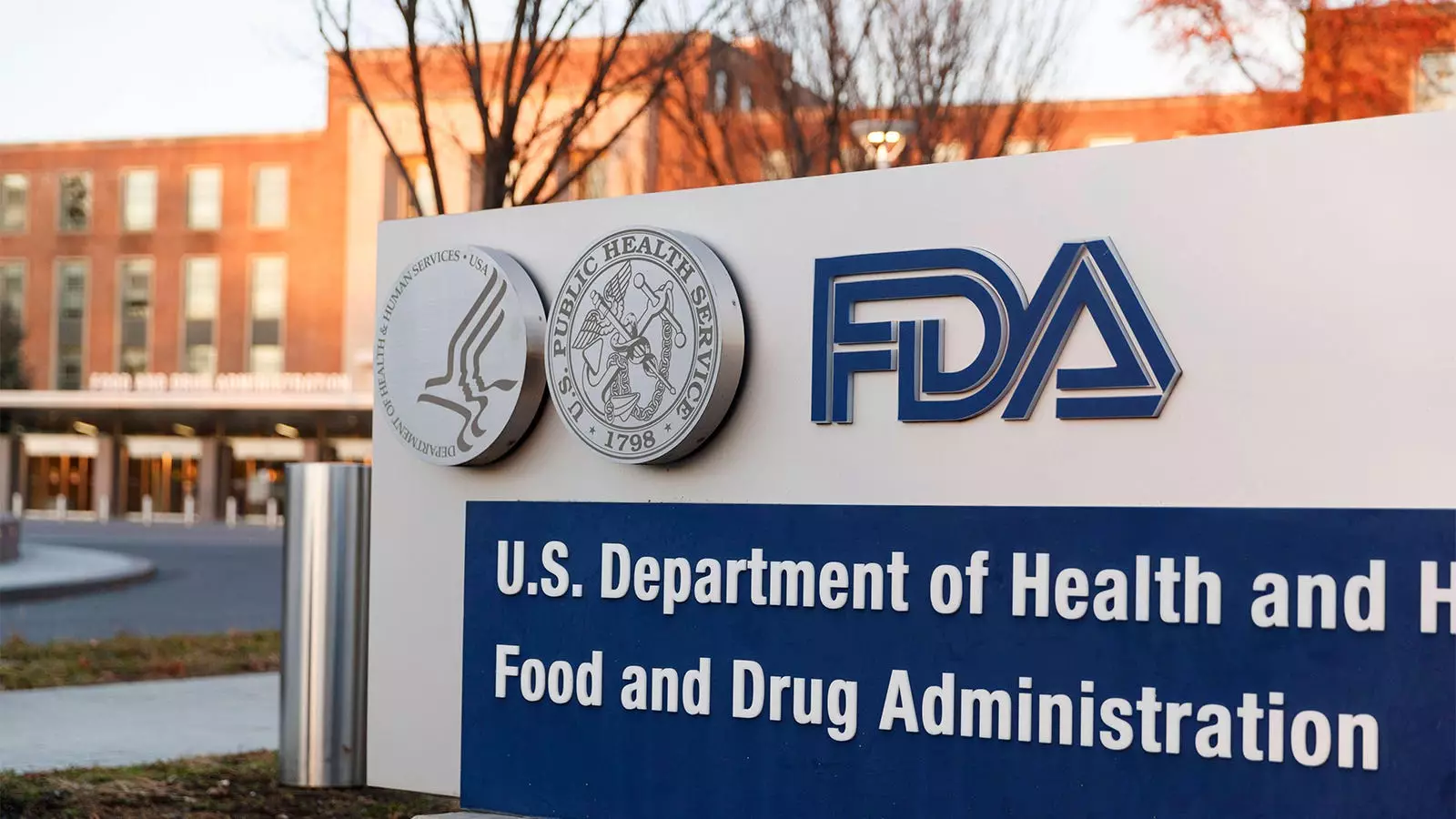The landscape of drug approval in the United States is undergoing intense scrutiny, particularly following concerns raised about the FDA’s accelerated approval pathway. A recent report from the Department of Health and Human Services (HHS) Office of Inspector General (OIG) underscores the pressing need for reform to safeguard the integrity of this program. This pathway, intended to expedite the availability of promising therapies for serious conditions, has drawn criticism for its inconsistent application and perceived lapses in oversight, particularly in cases involving high-profile drugs.
One focal point of the report is the controversial approval of aducanumab, marketed as Aduhelm, a drug intended to treat Alzheimer’s disease. Its approval, which came in 2021, sparked significant backlash not only from the medical community but also from lawmakers who questioned the FDA’s adherence to its own standards and protocols.
The OIG’s investigations revealed that the approval process surrounding Aduhelm, as well as two other drugs—hydroxyprogesterone caproate (Makena) and eteplirsen (Exondys 51)—exemplified serious flaws in the FDA’s regulatory framework. These cases showcased a disconcerting pattern of deviation from established practices. With two out of these three drugs now withdrawn from the market and the third still under scrutiny, the implications of these approvals resonate broadly.
Dr. Benjamin Rome from Brigham and Women’s Hospital highlighted that approvals based on weak evidence compromise patient safety and squander public resources. He noted that after nearly a decade of available data, eteplirsen’s manufacturer has yet to demonstrate any significant clinical benefits for patients with Duchenne muscular dystrophy. The gravity of this situation is compounded by the exorbitant costs associated with these treatments, raising ethical questions about the allocation of healthcare resources.
In their review, the OIG examined 24 accelerated drug approvals and identified a concerning discrepancy in the processes governing different drugs. The report revealed that, while a majority of the approvals were handled consistently, the three identified cases faced significant scrutiny, both prior to and post-approval. The findings suggest systemic weaknesses, particularly the lack of documentation surrounding meetings and informal collaborations with pharmaceutical companies, which erode public confidence.
Furthermore, the OIG investigated the FDA’s reliance on analyses not proposed in the drug companies’ initial analysis plans. Such decisions raise questions about transparency and accountability in the drug approval process. Missing documentation regarding meetings with Biogen concerning aducanumab was particularly alarming, as it indicates potential lapses in the regulatory process that must be addressed.
In response to the OIG’s findings, the FDA has been urged to implement two critical recommendations: 1) to define the circumstances under which its accelerated approval council should advise on specific drug applications, and 2) to ensure complete documentation of all meetings with pharmaceutical companies. While the FDA has agreed to improve documentation practices, it has resisted calls to require the accelerated approval council’s involvement in all relevant applications, arguing that such a mandate could hinder efficiency.
However, the opposition to these recommendations underscores a need for a reevaluation of priorities within the FDA. Ensuring robust oversight is not merely a bureaucratic concern—it is fundamental to protecting public health and maintaining trust in the regulatory system.
As the FDA navigates this tumultuous period, the implications of the OIG report on drug approvals cannot be understated. The accelerated approval pathway, while designed to facilitate access to treatments for serious conditions, must be balanced with comprehensive oversight that ensures drugs are indeed effective and safe. Without these safeguards, the potential for harm increases, as does the financial burden on both healthcare systems and patients. Moving forward, the FDA must commit to reforming its practices, ensuring that public health remains its utmost priority.


Leave a Reply